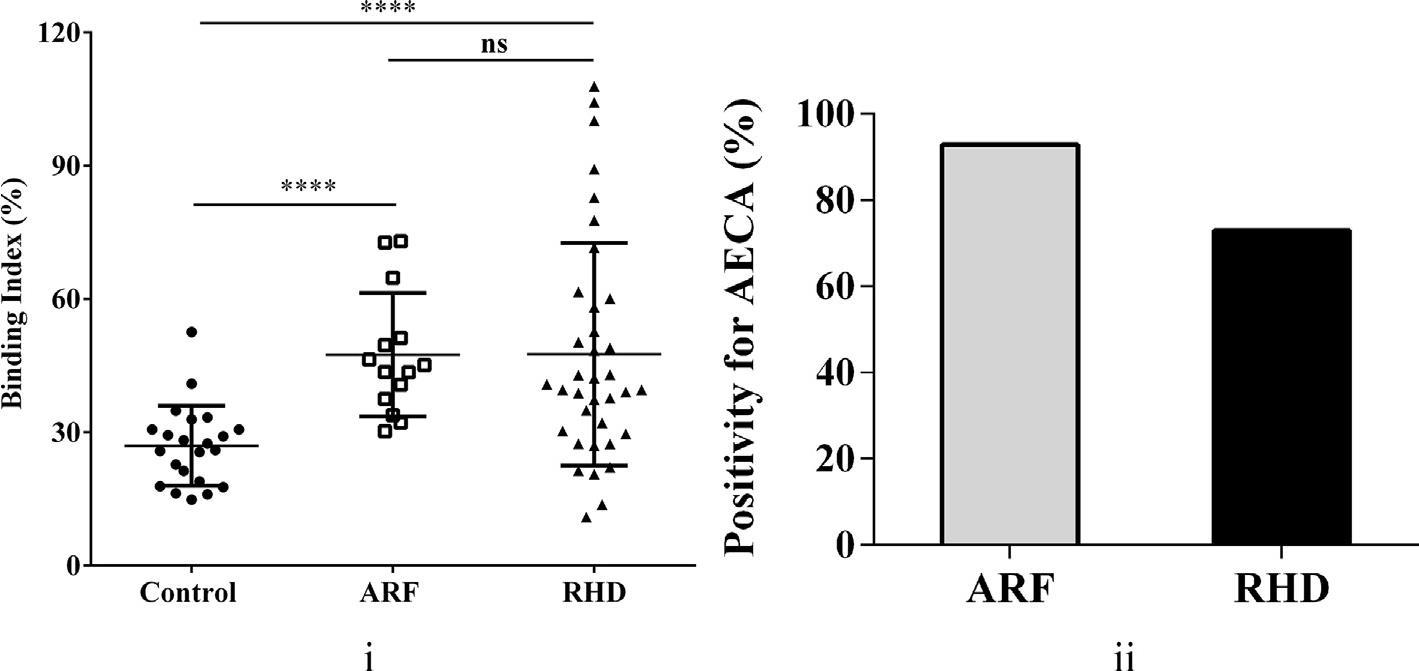
Anti-endothelial cell antibody rich sera from rheumatic heart disease patients induces proinflammatory phenotype and methylation alteration in endothelial cells


Rheumatic heart disease (RHD) is a major cause of cardiovascular morbidity and mortality in developing nations like India. RHD commonly affects the mitral valve which is lined by a single layer of endothelial cells (ECs). The role of ECs in mitral valve damage during RHD is not well elucidated. In here, anti-endothelial cell antibody from RHD patients has been used to stimulate the ECs (HUVECs and HMVECs). ECs proinflammatory phenotype with increased expression of TNFα, IL-6, IL-8, IFNγ, IL-1β, ICAM1, VCAM1, E-selectin, laminin B, and vimentin was documented in both ECs. The promoter hypomethylation of various key inflammatory cytokines (TNFα, IL-6, and IL-8), integrin (ICAM1) associated with leukocyte transendothelial migration, and extracellular matrix genes (vimentin, and laminin) were also observed. Further, the in-vitro data was in accordance with ex-vivo observations which correlated significantly with the etiological factors such as smoking, socioeconomic status, and housing. Thus, the study sheds light on the role of ECs in RHD which is a step forward in the elucidation of disease pathogenesis.
